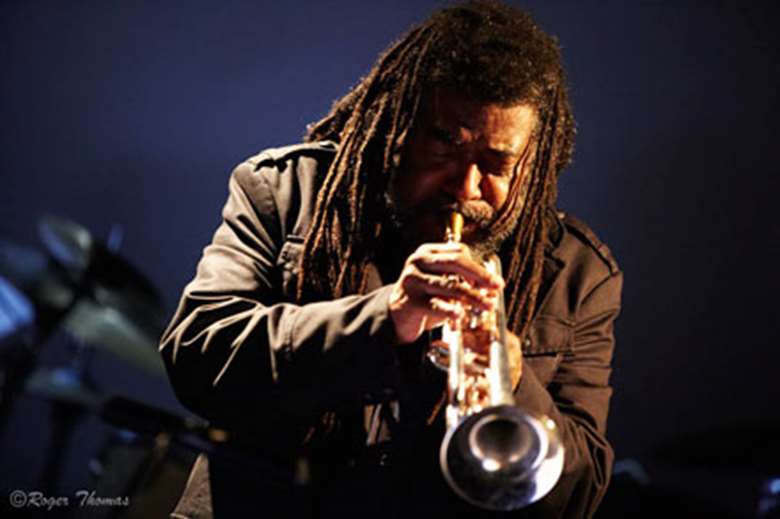Jazz breaking news: Wadada Leo Smith radiant with Ten Freedom Summers at Café Oto
Wednesday, November 27, 2013
Such has been the recent growth of the EFG London Jazz Festival that major gig clashes are unavoidable.


Register now to continue reading

Thank you for visiting Jazzwise.co.uk. Sign up for a free account today to enjoy the following benefits:
- Free access to 3 subscriber-only articles per month
- Unlimited access to our news, live reviews and artist pages
- Free email newsletter